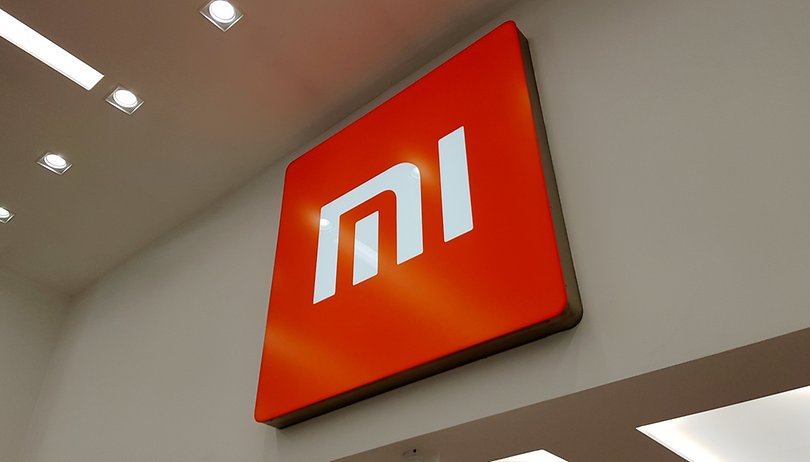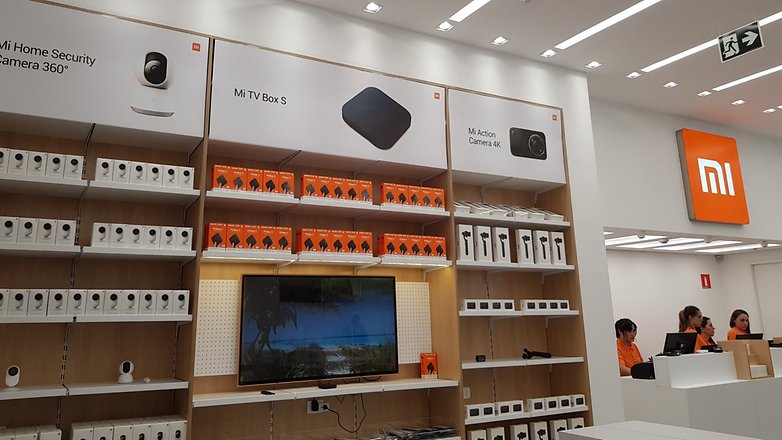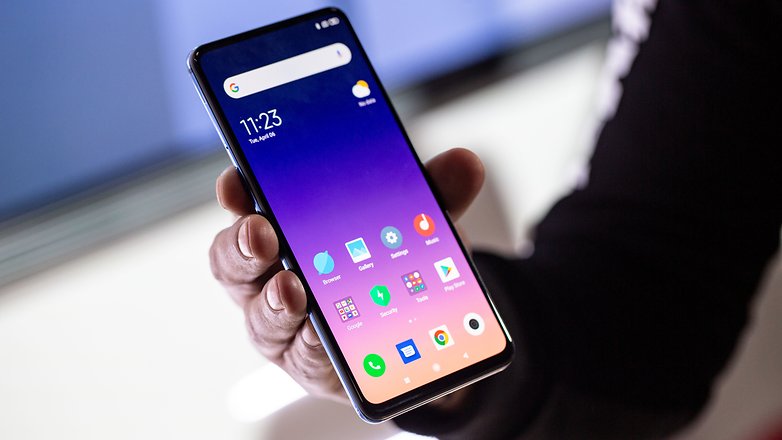The Xiaomi revolution rolls on, and you should be happy about it


Xiaomi continues to grow. As Apple prepares for the launch of its new iPhone(s) and the Huawei Group continues to discuss with the White House, Xiaomi brings home more than positive news and expands its influence in Europe to meet even more people.
The European invasion is advancing
Xiaomi, with its latest Mi 9T Pro, officially lands in Germany and thus expands its influence on the European continent. German customers could already buy the brand's devices by importing them, from China first, then from Spain, France, and later, Italy and the UK. But now Xiaomi has decided to be physically present in Germany, to be able to secure more revenue and who knows, maybe conquer a new tech community.
The first officially opened Mi Stores in Spain date back to January 2018. In less than two years, the manufacturer has significantly increased its number of shops not only in Spain but also in France and Italy. And so, with these flagship stores that showcase smartphones and other related products, the Chinese manufacturer is making itself known to all those interested in tech who, until recently, had perhaps not yet heard of Xiaomi.
Smartphone + AIoT = success for Xiaomi
And perhaps it's no coincidence that the Chinese brand has decided to move forward into Germany right now. HTC can be considered dead as far as the smartphone market is concerned: which one of you is waiting anxiously for a new release of the brand, for example? Be honest! LG and Sony are also struggling to keep up with the competition, mainly from China, which is able to offer good devices at lower prices.

The market has changed and despite the fact that both LG and Sony manufacture quality, safe, high-performance devices, most of which have lower SAR values than their Chinese rivals, at the end of the day (and year) the number do not lie. And then there is the Huawei group, which also includes Honor, in difficulty because of the U.S. ban. Xiaomi, therefore, seems to want to exploit this market opportunity to be appreciated in new markets and attack further those in which it has already made a name for itself. Xiaomi is present in more than 80 countries and 40 percent of its business is now concentrated internationally.
Multi-brand and multi-product strategy pays off
The fiscal results of the first half of 2019 give reason for Xiaomi, which recorded a 20.2 percent increase in revenue compared to the previous year, to be positive. This growth is based on a multi-product and multi-brand strategy: it is smartphones alongside AIoT devices that help Xiaomi grow and monetize.
The arrival of the Redmi brand contributed to the increase in gross margin of 3.3% in the first quarter and 8.1% in the second.
The Chinese manufacturer was ranked fourth in Europe for smartphones shipped in the second quarter of the year. In 2019 the protagonist was the Xiaomi Mi 9 (in its various versions, the last of which is the Mi 9T Pro) flanked by the devices of the Redmi brand. Arriving in January as a sub-brand of Xiaomi, it led to an increase in gross margin of 3.3 percent in the first quarter and 8.1 percent in the second quarter. With the Redmi line, Xiaomi expands its portfolio and also reaches the entry-level market.
As for connected devices, it is the smart TVs that lead the charge, followed by the wearable with the most recent Mi Band 4. Overall, Xiaomi recorded a 49.3 percent increase in revenue in this segment compared to the previous year. In the report shared by the brand, there are three million users with more than five IoT products from Xiaomi.

Innovation at competitive prices
Innovation is another factor on which the brand wants to focus. At this year's Mobile World Congress, Xiaomi presented the 5G version of Mi Mix 3, taking a device that had already proved its worth, and adding it to a competitive price: €549. Lei Jun, in a Chinese television broadcast, confirmed that a new 5G smartphone is coming (it could be the Mi 9S, certified by TENAA), although she could only refer to the Chinese market.
But it doesn't matter because sooner or later, with this or another name, it will also reach Europe at prices certainly lower than those of rivals such as LG, Samsung and Huawei. It will thus give a chance to customers who do not own or simply do not intend to invest €1,000 in a 5G smartphone. The 5G smartphone is just one example because we know that this technology is not yet equally widespread in all countries and/or cities.
But it also applies to other devices: the Mi Band is one of the most appreciated wearables for its quality-to-price ratio and the latest flagship releases have been able to convince us. It's true that devices like Mi 9 or other brand flagships lack some of the features that the competition offers (thinking about the camera, I can think of the absence of optical stabilization, for example) but these are compromises with which some consumers are evidently willing to accept. The same camera as the Mi 9, is also is not doing badly according to DxOMark.
And with regard to innovation and product diversification, Xiaomi has been working for some time on a folding smartphone, probably not yet ready for launch, and distributes its electric scooters in more and more countries with a design defined as "visionary".

An advantage to be seized, on both sides
Xiaomi is going full steam ahead for now and trying to catch the gaps in the market, and you can't blame it. Especially if it benefits users who have more than one device to choose from in different price ranges and categories. this type of competition is always good for consumers.
If you don't like MIUI, if the flagship camera doesn't offer all the features that other flagships have, if the Mi Band 4 is too basic for you, you can always buy devices that best suit your needs. But you can choose, without having to rely on third-party sites. And that's no small advantage.
Carpe diem, therefore, both for Xiaomi (being able to fully grasp this possibility is not an easy challenge), and for us users (I put myself in the middle) because in the tech world everything can change very quickly. Xiaomi may also fall victim to the United States or may at some point decide to align prices with those of competitors (Huawei/Honor etc?).




















-
Admin
Aug 28, 2019 Link to commentI like Xiaomi products and ,living in Vietnam, I see more and more of them but it is easy predict that as soon as 5g technology spreads the prices will go considerably down and also that soon ,already now in fact, other unknown brands will try to gain their market share at the expenses of Xiaomi.